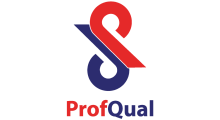The Professional Diploma in Talent Management (PDTM) is a comprehensive program designed to equip HR professionals and business leaders with the necessary skills and knowledge to develop, manage, and retain top talent in a competitive business environment. The course focuses on the full spectrum of talent management, including sourcing, acquisition, development, performance management, retention, and strategic alignment of talent with business goals.
Participants will gain practical insights into building a business-centric talent management framework, leveraging HR analytics for decision-making, and implementing effective employee engagement and reward strategies. Through this program, learners will develop the ability to create a high-performance culture that drives business success.










